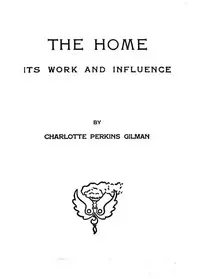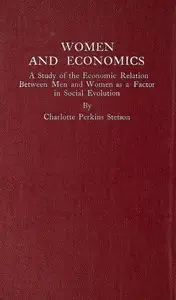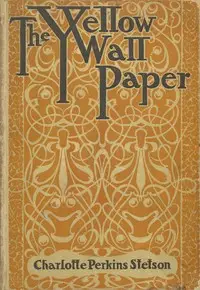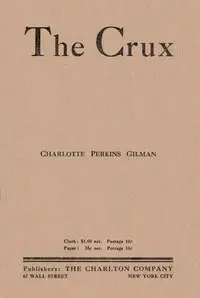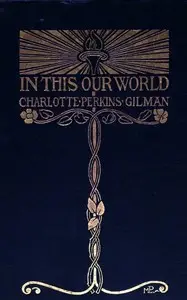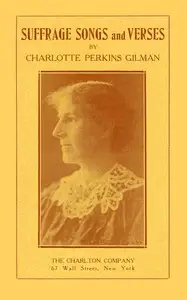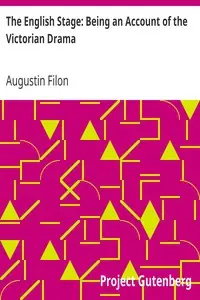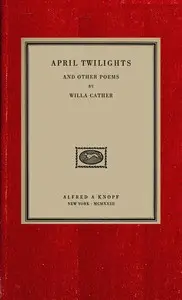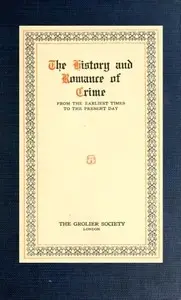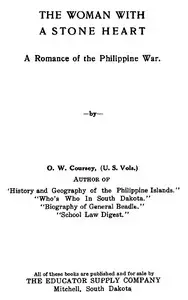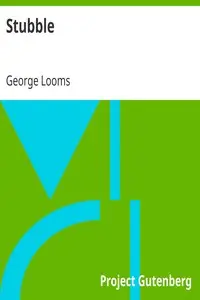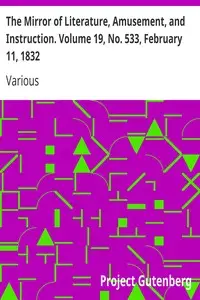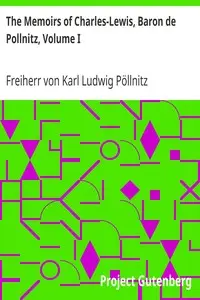"The Man-Made World; Or, Our Androcentric Culture" by Charlotte Perkins Gilman is a sociological critique written in the late 19th century. The book examines the pervasive influence of male-centered ideology on society and culture, arguing that this androcentric perspective has shaped human understanding and institutions, leading to a systemic undervaluation of women's roles and contributions in various fields. The opening of this work sets the stage for Gilman's exploration of human nature by employing an analogy with sheep to discuss the instincts that guide males and females in the animal kingdom. She elaborates on the distinctions between masculine and feminine traits, suggesting that societal norms have artificially positioned masculinity as the default standard for all human characteristics. Gilman contends that this misunderstanding has distorted the perception of human qualities, emphasizing the need to recognize and appreciate the full spectrum of both sexes' contributions to society. Additionally, she hints at the consequences of this male dominance on aspects such as family structures, roles, and broader social dynamics, paving the way for her detailed analysis in subsequent chapters. (This is an automatically generated summary.)
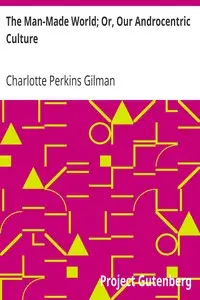
The Man-Made World; Or, Our Androcentric Culture
By Charlotte Perkins Gilman
"The Man-Made World; Or, Our Androcentric Culture" by Charlotte Perkins Gilman is a sociological critique written in the late 19th century. The book e...
Charlotte Perkins Gilman, also known by her first married name Charlotte Perkins Stetson, was an American humanist, novelist, writer, lecturer, early sociologist, advocate for social reform, and eugenicist. She was a utopian feminist and served as a role model for future generations of feminists because of her unorthodox concepts and lifestyle. Her works were primarily focused on gender, specifically gendered labor division in society, and the problem of male domination. She has been inducted into the National Women's Hall of Fame. Her best remembered work today is her semi-autobiographical short story "The Yellow Wallpaper", which she wrote after a severe bout of postpartum psychosis.

